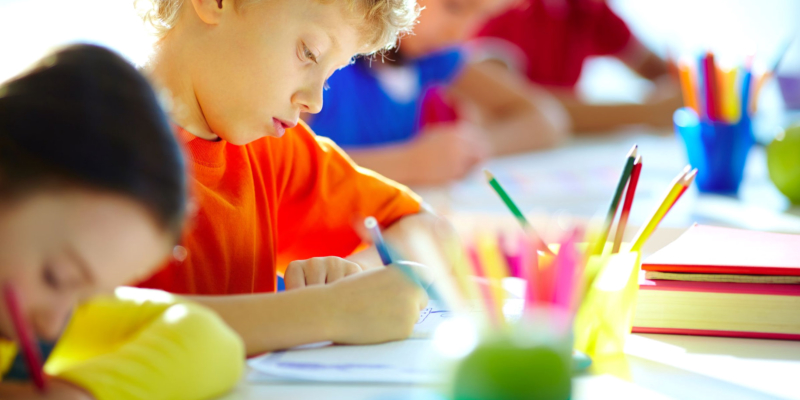
Despite the political pressure, independent schools have continued to dominate entry to the leading Russell Group universities and provide a lion's share of the candidates in shortage subjects, such as languages and physics. According to the Sutton Trust, the education charity, 28 of the 30 schools that get the highest number of students into Oxford, Cambridge and other leading universities are independent. Broadening to the top 100 for admission to the top universities, 83 are independent, 16 are grammar schools and one is a comprehensive.
The vast majority of pupils live at home and attend day schools: 444,030 compared with 67,856 boarders. Fees at schools without boarding average £10,095 a year, according to the Census. Boarding schools that take day pupils average £13,998 a year, reflecting their usually more luxurious facilities and wider extra-curricular activities.
Most state primaries and secondary schools have around 30 in a class whereas over 20 is rare in most private schools, and GCSE classes can be as low as 10 to 15. Small classes, high-quality teaching and well-motivated, aspirational children explain part of the success of UK independent education. In addition, parents' expectations are great due to their financial investment and therefore are a big motivational factor for them and their child.
Scholarships are awarded to pupils who show exceptional talent and/or intelligence in a particular area. This may be in music, the arts, literature or indeed sport and, as such, there needs to be a financial input to enable these pupils to pursue further qualifications in these fields at independent school level.
In order to do this, independent schools will offer examinations to all interested pupils gleaned from the state and independent school systems and, following the results, a shorter list of prospective and talented pupils may be drawn up. A further examination and interview may be held to further quantify the pupil’s interest and indeed willingness to pursue the obtaining of a scholarship.
If the scholarship is awarded it amounts to a maximum of 50% of the school fees. This will take into account board and lodgings should the distance from home require that the pupil needs to reside at or near the school during term time.
It may be necessary to seek a bursary if the pupil’s parents are not in a position financially to cover the shortfall of the fees, the costs of uniforms, textbooks, any sporting equipment, musical instruments or additional items. A bursary is an amount of money granted to make up the shortfall and is only granted after a series of means tests and also granted on a limited number of places per year.
Although there is no guarantee that a scholarship or bursary will be awarded, the well-publicised advantages of an independent school education could make going through the entrance examination and scholarship process bearable for many parents and their children.
References:
Lightfoot, Liz. 'The pros and cons of a private education'. The Independent, Web. 03 Feb 2011